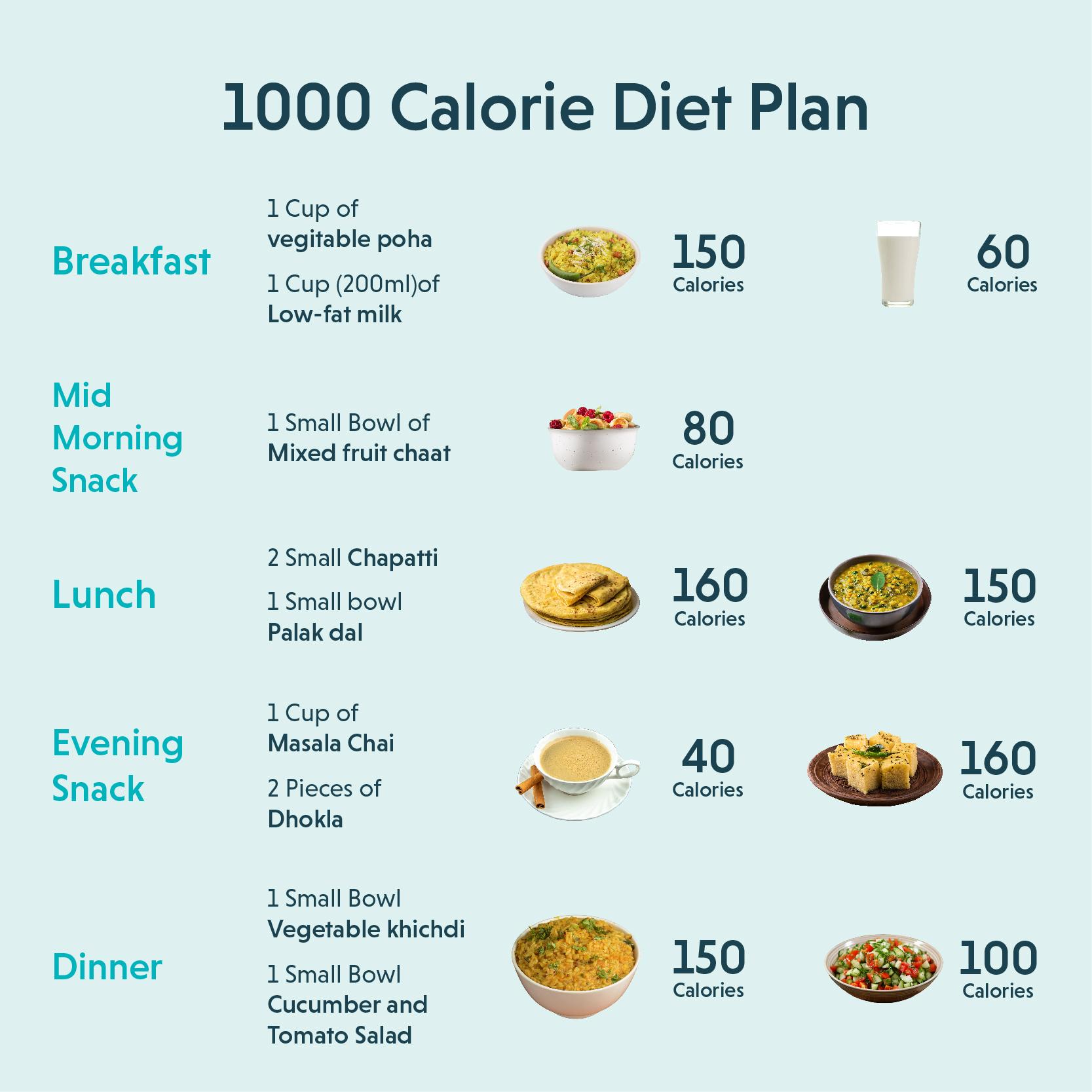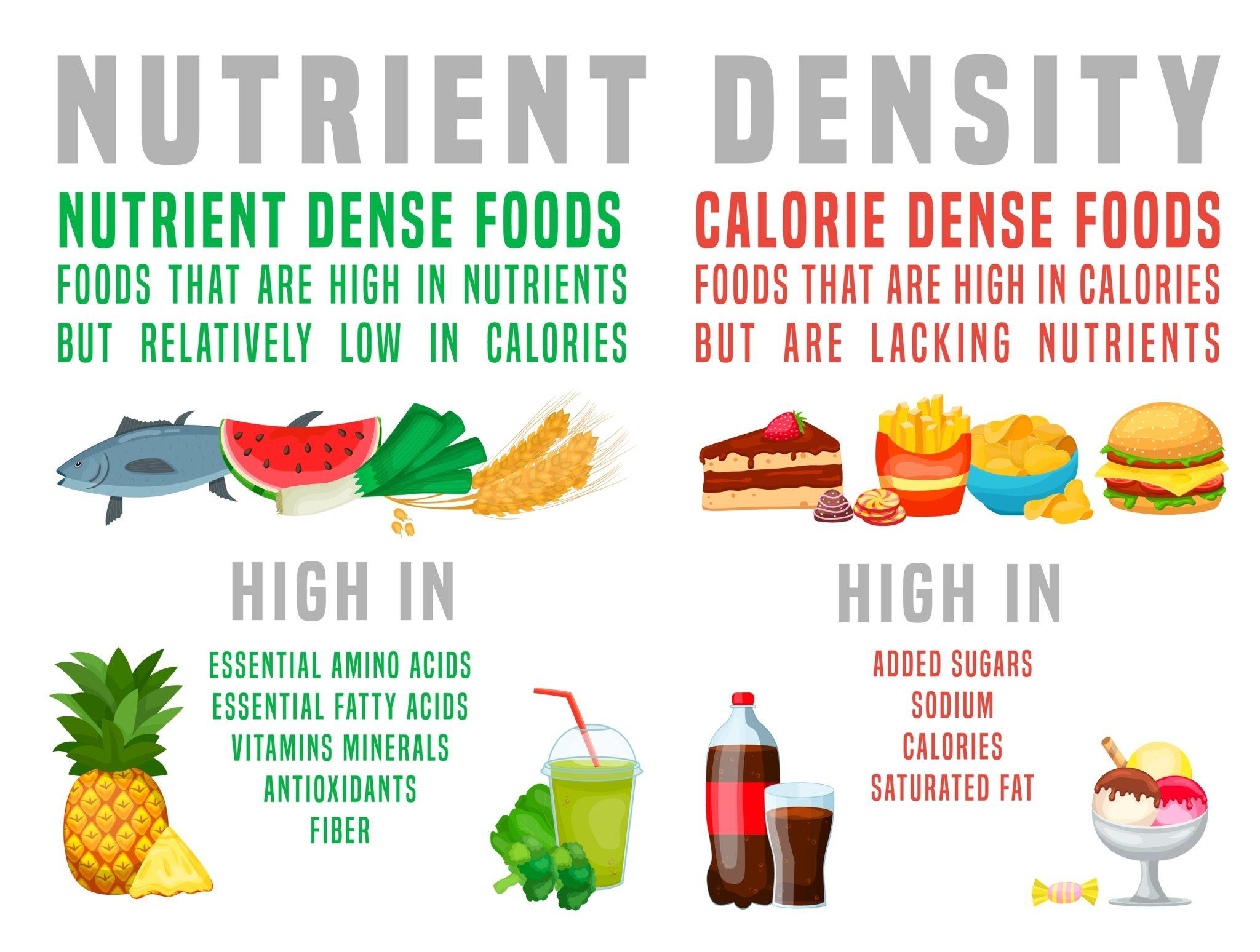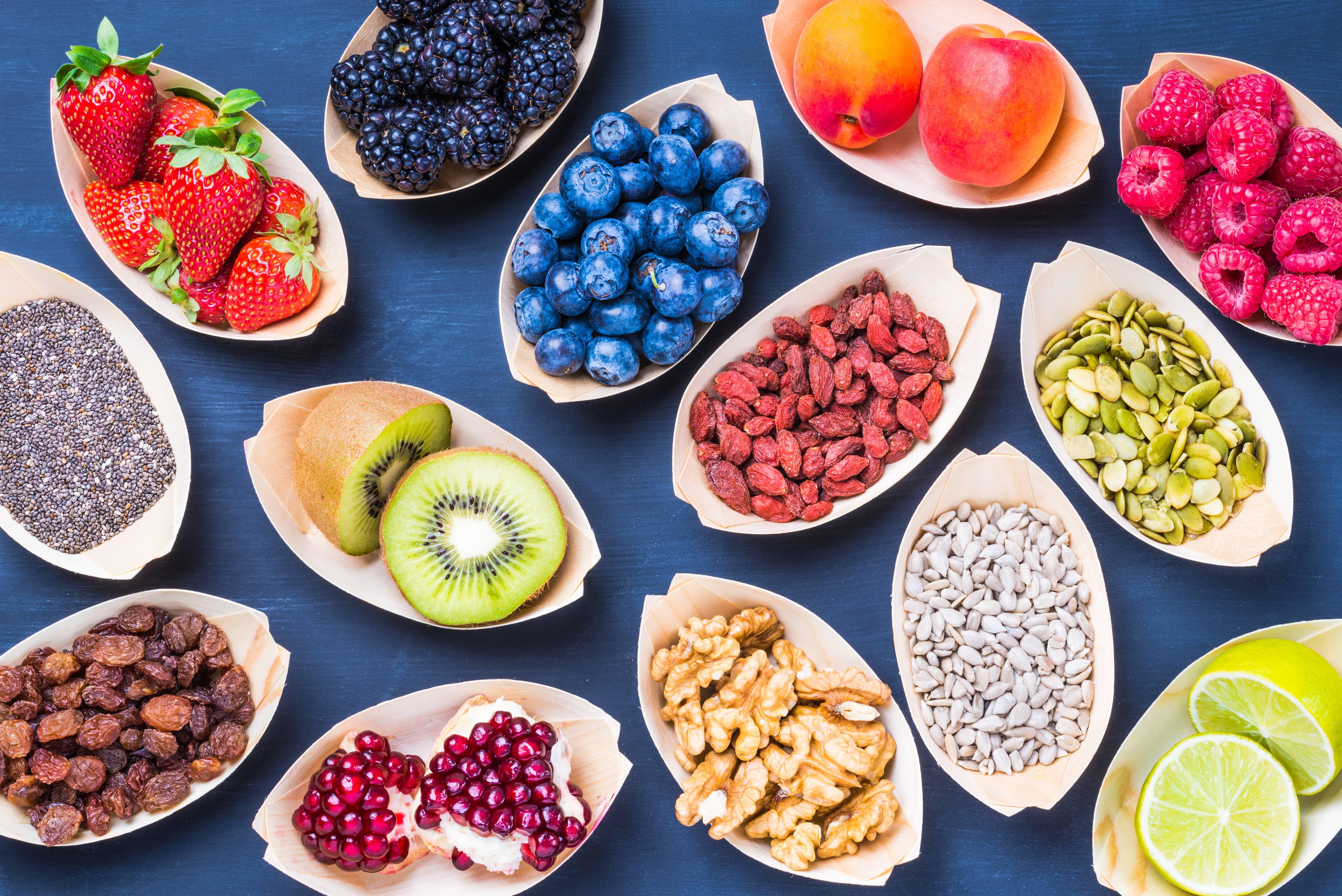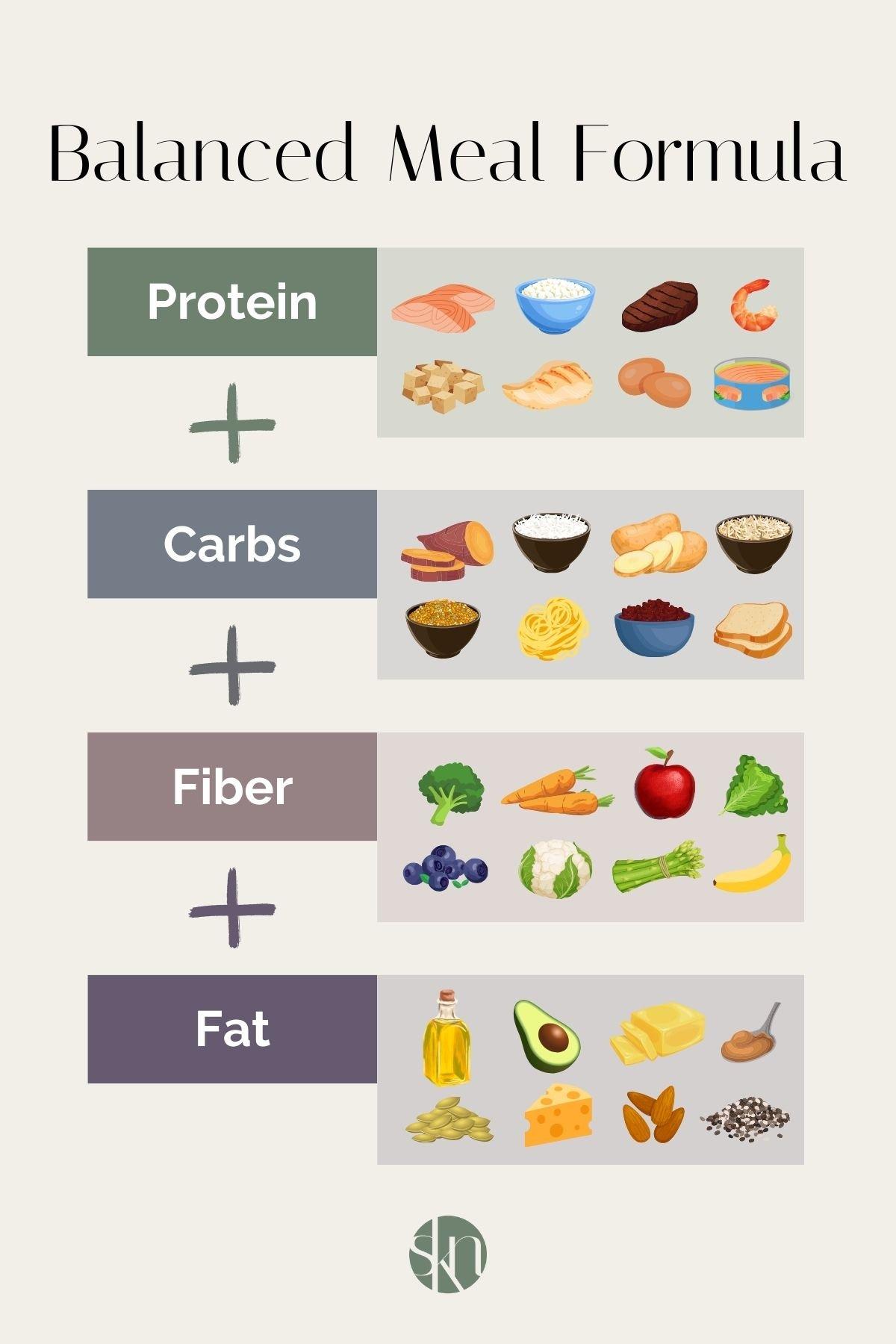Have you ever felt overwhelmed by the promise of quick-fix diets that seem to do more harm than good? You’re definitely not alone. Many of us struggle with finding a sustainable way to shed those extra pounds while still enjoying our favorite foods. In this article, we’ll explore low-calorie diets that strike a balance between cutting calories and satisfying your cravings. You’ll discover practical tips and meal ideas that make weight loss not just achievable, but also enjoyable. So, if you’re curious about how to approach a low-calorie diet without feeling deprived, stick around—we have some great insights coming your way that might just change your perspective on losing weight!

Understanding the Basics of a Low-Calorie Diet for Weight Loss
When diving into a low-calorie diet, it’s crucial to grasp the essence of what this lifestyle entails. For many, there’s a misconception that consuming fewer calories means sacrificing flavor or fullness, but that couldn’t be further from the truth! Think about it—what if you could enjoy a vibrant plate of vegetables sautéed with zesty herbs, paired with a satisfying protein, all while being mindful of calorie intake? It’s all about making informed choices! According to the CDC, a sustainable weight loss approach shouldn’t exceed a 500 to 1000 calorie deficit per day but instead focus on weight loss diet men”>nutrient-dense foods that keep you feeling energized.
Your plate doesn’t have to look like a sad diet version of what you love. Many find success by incorporating foods that are high in fiber and lean proteins. Foods like beans, whole grains, and lean meats not only fill you up but also provide the necessary nutrients during your weight loss journey. Consider swapping out those heavily processed snacks for air-popped popcorn or Greek yogurt topped with fresh fruit. These smart shifts can help fulfill your cravings without derailing your calorie goals. A study published in the Journal of Nutrition showed that diets incorporating more fiber led to improved satiety levels, making the process of cutting calories a lot more manageable!
It’s equally important to think beyond just numbers. A low-calorie diet should also encourage a balanced perspective on eating, fostering a mindful relationship with food. This means learning to listen to your body—what makes you feel good? What keeps those hunger pangs at bay? Implementing mindful practices, like pausing to appreciate the colors and flavors on your plate, can transform eating from a stressful chore into a nourishing experience. So, grab your favorite ingredients, experiment in the kitchen, and celebrate each small victory in your journey! Remember, it’s all about gradual, enjoyable changes that will not only aid in weight loss but also enrich your overall well-being.

Choosing Nutrient-Dense Foods to Keep You Satisfied
You know that feeling when you’re trying to be mindful about what you eat, yet you find yourself reaching for that bag of chips after only a couple of hours? It’s a common narrative in the journey toward healthier eating, but it doesn’t have to be your reality. One way to break free from that cycle is to fill your plate with nutrient-dense foods. These are the foods that not only provide essential vitamins and minerals but also keep your hunger at bay longer. Think about it: How often do you polish off a kale salad versus a handful of crackers? Those greens are packed with fiber and water, which can help you feel fuller without piling on the calories. A study from the Harvard School of Public Health highlights how increasing fiber intake can support weight management—definitely worth pondering!
One key to discovering these satisfying foods is to focus on whole, unprocessed options that offer a balance of macronutrients. Proteins, healthy fats, and complex carbohydrates work in harmony to create meals that sustain you. Meal prep can be your best friend here! By dedicating just a couple of hours each week to preparing nutrient-dense meals, you can make healthier choices on the fly. For instance, consider the following combinations: grilled chicken with quinoa and roasted vegetables or chickpeas tossed into a hearty vegetable soup. These meals not only pack a nutritional punch, but they also keep you satisfied and energized throughout the day. Plus, preparing foods in advance removes the temptation to reach for less healthy snacks out of convenience.
And let’s not forget the importance of hydration in the equation! Sometimes, what feels like hunger is simply dehydration masquerading as a craving. Keeping a water bottle handy and regularly sipping throughout the day can do wonders for your overall well-being. According to a study published in the Journal of Human Nutrition and Dietetics, drinking water before meals can lead to reduced calorie intake—another smart trick to incorporate. So, next time you think you’re hungry, try sipping on a glass of water first. You might find that your cravings subside, allowing you to make healthier choices that nourish your body instead of filling it with empty calories. Remember, small changes can lead to significant results!

Smart Snacking Strategies for Successful Weight Management
Ever find yourself standing in front of the pantry, staring blankly at the snack options, unsure of which one aligns with your wellness goals? You’re definitely not alone. The truth is, snacking doesn’t have to derail your weight management efforts—if anything, it can actually support them when approached thoughtfully. Start by planning your snacks in advance. Choose nutrient-dense options that you enjoy, and portion them out. Instead of waiting until you’re ravenous and reaching for whatever’s available (and usually less healthy), having a go-to stash of fruits, nuts, yogurt, or even hummus and veggies can make all the difference. Research shows that mindful eating—being conscious of what and when you’re eating—greatly influences our diet quality and outcomes (see more on this at the Harvard T.H. Chan School of Public Health).
But let’s dig a little deeper. Have you ever considered the impact of your snacking environment? A clutter-free, well-organized kitchen can make you more inclined to reach for healthier snacks. Think about it: if a bowl of fresh fruit sits on your counter, it’s infinitely more accessible than a hidden stash of chips at the back of a cupboard. Furthermore, the simple act of storing snacks in clear containers not only helps you see what you have on hand but also makes it easier to grab and go. Create a snacking ritual around your favorites, maybe sipping on herbal tea while munching on sliced apples and almond butter. This can provide a sense of calm and satiety that many find satisfying, turning your snack time into a moment of self-care instead of mindless munching.
Also, it’s essential to embrace the power of protein and fiber when snacking. Foods high in these nutrients help keep you feeling full longer, which reduces the likelihood of reaching for unhealthy options later. Think of snacks like Greek yogurt with berries or a handful of air-popped popcorn seasoned with nutritional yeast. Both are not only delicious but also support your weight management by providing sustained energy and promoting feelings of fullness. Want to put this to the test? Tracking how different snacks affect your hunger levels can be a real eye-opener, helping you refine your choices further. Making informed changes, like opting for a satisfying snack over empty calories, can have a profound impact on your weight loss journey, proving that small, mindful choices really do add up!

Crafting a Balanced Meal Plan: Tips and Tricks for Every Day
When crafting a well-rounded meal plan, think of it as curating your daily fuel—because let’s face it, the body deserves to be treated well! Aim for variety to keep your taste buds dancing and to ensure you receive all the essential nutrients. Picture this: a rainbow of vegetables on your plate, from vibrant bell peppers to deep green spinach. Not only do they add color and flavor, but they also serve a treasure trove of vitamins and minerals that promote overall health. Incorporating a variety of food like whole grains, lean proteins, healthy fats, and plenty of fruits can prevent boredom and sustain your energy levels. Remember, a monotonous meal plan can make even the most enthusiastic food lover run for the hills!
It’s time to bust some myths about low-calorie diets. Many people believe eating less means deprivation. In truth, it’s all about making thoughtful choices! Instead of cutting out entire food groups, focus on portion control and nutrient density. For example, swapping out white rice for cauliflower rice not only reduces calories but also boosts your vegetable intake. A study from the National Institutes of Health suggests that incorporating more high-fiber foods helps you feel full longer, thus tackling those pesky cravings. Incorporate foods like legumes, seeds, and nuts generously—they’re not just delicious; they’re also excellent for keeping your hunger at bay!
To make your meal planning seamless, try dedicating a few hours a week to prepping your meals. This could look like batch cooking quinoa for tasty salads or roasting a mix of vegetables to toss on top of anything you might eat throughout the week. Think about it: cooking once can give you multiple meal options. If you have a hectic week ahead, consider meals that can be frozen, like veggie-packed soups or casseroles! With organization, you can charm your body into a thriving state while still embracing the joy of eating. For some inspiration, you might explore meal-planning resources, such as ChooseMyPlate.gov, which can help you structure your meals to meet your dietary needs while keeping it flavorful!

Staying Motivated: Tracking Progress and Celebrating Small Wins
Tracking your progress during a weight loss journey can be one of the most empowering tools you have at your disposal. It’s not just about the numbers on a scale; it’s about understanding your body and recognizing how far you’ve come. Consider keeping a journal or using a mobile app to log your meals, workouts, and moods. You’ll be surprised at how often related patterns emerge. Are you more likely to reach for that indulgent snack after a long day? Acknowledging these habits can be a lightbulb moment. As researchers suggest, self-awareness is crucial for sustainable change, and tracking your journey is like giving yourself a roadmap to success. Check out this article from the National Institutes of Health on the benefits of self-monitoring for more insights.
And let’s talk about those small wins. They often get overshadowed by big milestones, but they deserve a spotlight all their own. Did you finally pass up dessert at your favorite restaurant? Maybe you chose an active weekend over a couch potato one. Each of these decisions matters; they’re all steps in your growth. To celebrate these victories, consider treating yourself to something that aligns with your goals—like a new workout outfit or a fun day out that keeps you active. Recognizing and celebrating these achievements boosts your motivation and keeps you engaged with your weight loss diet. Remember, each little victory is a building block toward your bigger goals.
Building on this idea, it’s essential to reflect and recalibrate regularly. If something isn’t working for you, don’t hesitate to reassess your approach. Have you hit a plateau? Ask yourself if you’re tracking all the aspects of your lifestyle. From energy levels to sleep quality, every detail adds context to your progress. Engage with communities that share similar goals, like forums on platforms such as MyFitnessPal, where you can gather new tips and encouragement. Experts recommend periodic review sessions to analyze your journey, adjusting your tactics as needed. You have the power to redefine your path—embrace it!
Final Thoughts
As we wrap up our exploration of low-calorie diets for weight loss, it’s clear that such a path can be both effective and sustainable when approached thoughtfully. Emphasizing whole foods, mindful eating, and balanced nutrition allows you to create a lifestyle rather than just a temporary solution. So, why not take a moment to reflect on your own eating habits? What small changes could you make that would align with your goals? Remember, it’s about progress, not perfection—every step counts. We’re all in this together, and your journey is uniquely yours. As you consider embracing a low-calorie diet, why not challenge yourself to try one new recipe this week or swap out a high-calorie snack for something lighter? Sharing your experiences with others can also foster support and inspiration. Let’s lift each other up as we strive for healthier choices and vibrant living!





